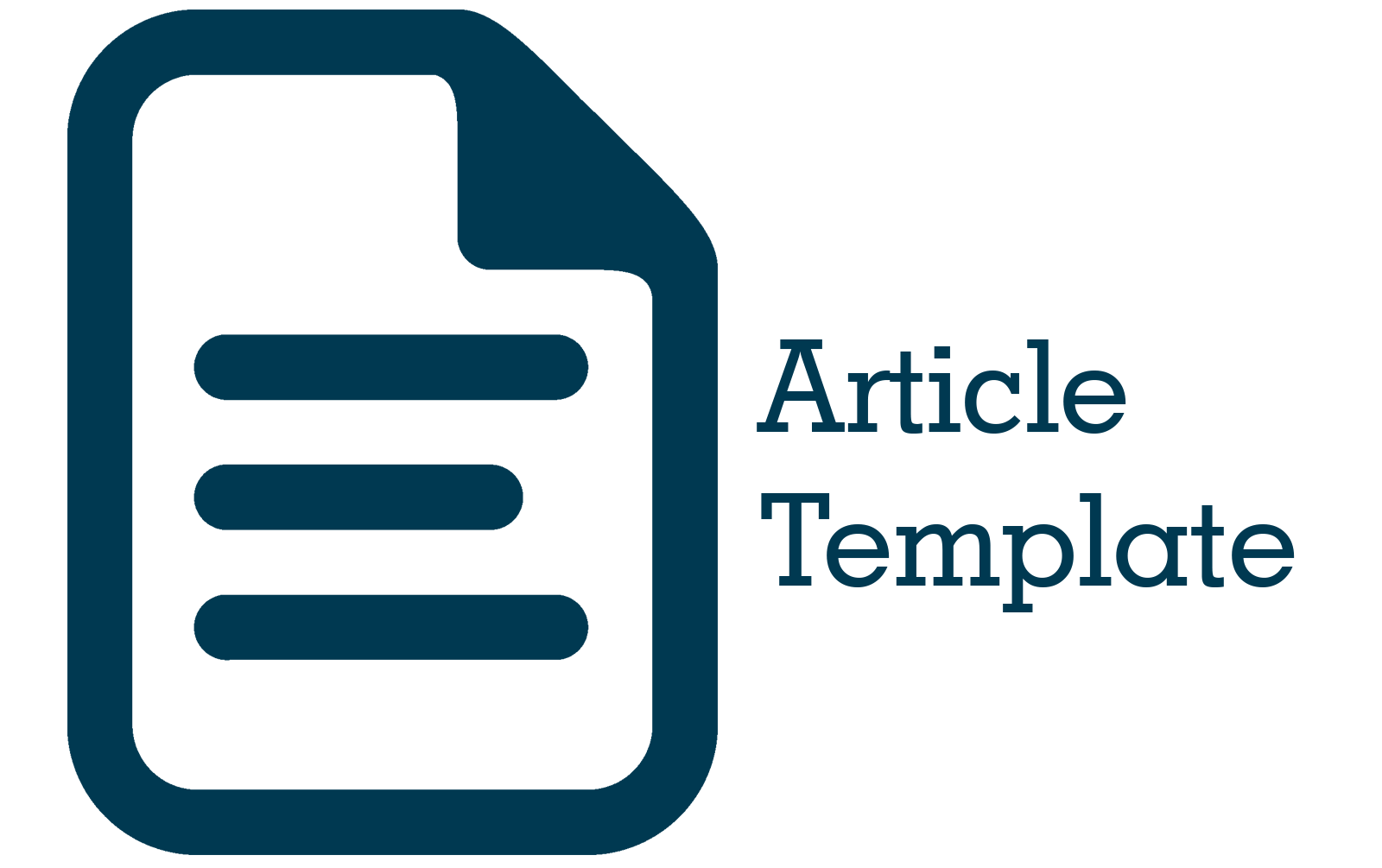Pengaruh Servicescape dan Customer Experience terhadap Revisit Intention
Abstract
Abstract. The phenomenon that occurs at the level of revisiting natural attractions and rides needs to pay attention to servicescape and customer experience. This research focuses on the variables of servicescape, customer experience, and revisit intention. This study aims to test and determine how the influence of servicescape and customer experience on revisit intention at the Dago Dreampark Lembang tourist attraction, West Bandung Regency. This research is included in the type of descriptive and verification research with quantitative methods. The sampling technique used is non probability sampling, namely purposive sampling, the population in this study were visitors who had visited the Dago Dreampark Lembang tourist attraction, West Bandung Regency with a sample of 100 respondents. The data analysis used in this study is descriptive and verification analysis, namely by using multiple linear regression analysis with hypothesis testing using t-test and f-test analysis. The results of this study indicate that servicescape partially has a positive and significant effect on revisit intention, customer experience partially has a positive and significant effect on revisit intention. Then servicescape and customer experience simultaneously have a significant effect on revisit intention.
Abstrak.
Fenomena yang terjadi pada tingkat berkunjung kembali pada objek wisata alam dan wahana perlu memperhatikan servicescape dan customer experience. Penelitian ini berfokus kepada variabel servicescape, customer experience, dan revisit intention. Penelitian ini bertujuan untuk menguji dan mengetahui bagaimana pengaruh servicescape dan customer experience terhadap revisit intention pada objek wisata Dago Dreampark Lembang Kabupaten Bandung Barat. Penelitian ini termasuk ke dalam jenis penelitian deskriptif dan verifikatif dengan metode kuantitatif. Teknik sampling yang digunakan adalah non probability sampling yaitu purposive sampling, populasi dalam penelitian ini adalah pengunjung yang pernah berkunjung ke objek wisata Dago Dreampark Lembang Kabupaten Bandung Barat dengan sample sebanyak 100 responden. Analisis data yang digunakan dalam penelitian ini adalah analisis deskriptif dan verifikatif yaitu dengan menggunakan analisis regresi linear berganda dengan pengujian hipotesis menggunakan analisis uji-t dan uji-f. Hasi penelitian ini menunjukkan bahwa servicescape secara parsial berpengaruh positif dan signifikan terhadap revisit intention, customer experience secara parsial berpengaruh positif dan signifikan terhadap revisit intention. Kemudian servicescape dan customer experience secara simultan berpengaruh signifikan terhadap revisit intention.
References
Hoyer, W. D., Kroschke, M., Schmitt, B., Kraume, K., & Shankar, V. (2020). Transforming the Customer Experience Through New Technologies. Journal of Interactive Marketing, 51, 57–71. https://doi.org/10.1016/j.intmar.2020.04.001
Smilansky, S. (2018). Experiential Marketing: A Practical Guide to Interactive Brand Experiences. Kogan Page.
Desiyanti, N. L., Sudja, I. N., & Budi Martini, L. K. (2018). Effect of Service Quality on Customer Satisfaction, Customer Delight and Customer Loyalty (Study on LPD Desa Adat Sembung and LPD Desa Adat Seseh). International Journal of Contemporary Research and Review, 9(3), 20660–20668. https://doi.org/10.15520/ijcrr/2018/9/03/483
Kurniawan, R., & Hanifah, R. D. (2023). Pengaruh Fasilitas Terhadap Revisit Intention dengan Kepuasan Tamu sebagai Variabel Intervening (Studi Kasus: Novotel Jakarta Gajah Mada). Ultima Management: Jurnal Ilmu Manajemen, 15(1), 131–146. https://doi.org/10.31937/manajemen.v15i1.3200











